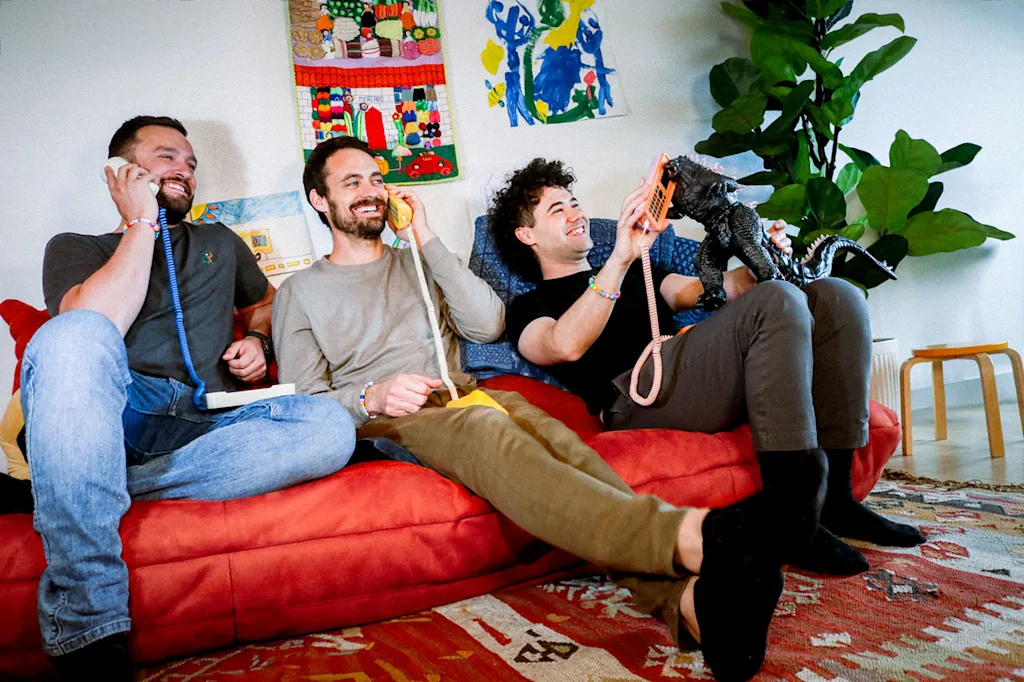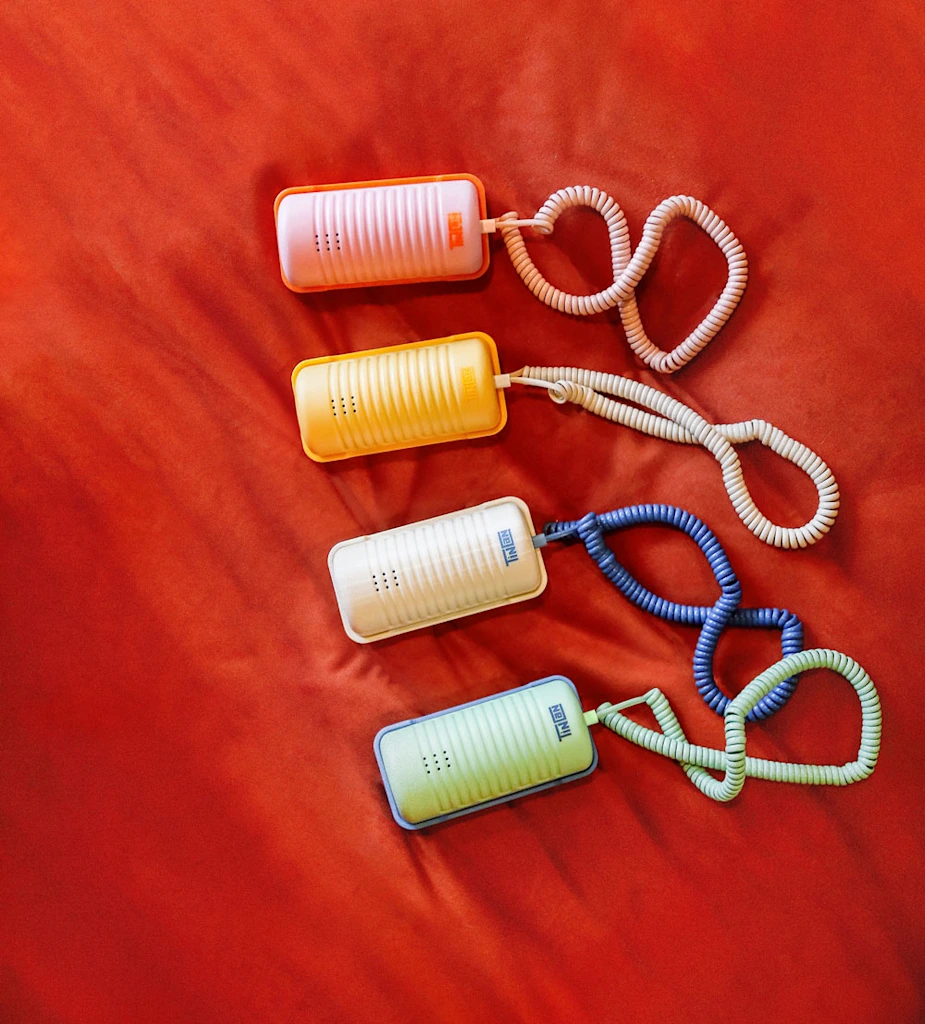In today’s world, communication is largely done through one of two methods: smartphones or social media. Young children, however, rarely have access to either—and experts say they shouldn’t have any access at all until age 13 or later.
That leaves many parents as the gatekeepers of their children’s social lives, long past the days of mommy-and-me classes and playdates. But an old-school solution is giving kids more independence: the landline.
Once considered obsolete (AT&T even tried to stop servicing them in California last year), the home phone is making a comeback. Seattle-based Tin Can is hoping to lead the revival with a redesigned corded phone that lets kids call their friends and arrange get-togethers—without involving parents and without the distractions or dangers of a smartphone, such as texting, cameras, or internet access.
The idea for Tin Can came when founder Chet Kittleson was talking with other parents of elementary school-aged children at a park. “Every single person around the circle was like, ‘I totally forgot that the landline was how I operated as a kid.’ We remember it as a utility for an adult and forget that the kids are a massive beneficiary of it,” he told Seattle’s Child.

Tin Can phones, which retail for $75, are modeled after a familiar 1980s design. Since few households maintain a dedicated phone line, they run on VoIP (Voice over Internet Protocol) and plug into a router or in-home ethernet port. (A Wi-Fi-enabled version is in the works.) Because they’re corded, kids can’t wander too far, and parents can control when the phone is available through the Tin Can app.
Instead of traditional phone numbers, each Tin Can has a unique five-digit code that kids use to call one another. There are no monthly fees. A forthcoming upgrade will allow calls to standard phone numbers (and emergency services) for $10 per month.

Kittleson isn’t the only parent rediscovering landlines. In March, Oregon mom Britteny Mast shared on Instagram that she had installed a “home phone” for her kids. The post has received more than 137,000 likes, with dozens of parents saying they had done the same.
Mast and her husband realized their children were so used to FaceTime that they didn’t know how to carry a regular phone conversation. They also wanted them to be able to call family members without borrowing a parent’s smartphone.
“My husband and I decided to just default to what we did growing up, and get a home phone. So far the kids think it’s awesome, and they love calling Grammy all on their own,” she wrote.
Of course, landlines come with risks. More than half of all calls to them are from scammers, who often target seniors, the demographic most likely to still have a home phone. Parents today, just like those in the 1980s, need to teach kids not to answer unfamiliar numbers.
What some parents are most surprised about, though, isn’t that their younger kids love the landline. Their older kids might as well.
Landlines scratch the same retro itch as cassette tapes. For Gen Z, they’re a screen-free alternative that encourages conversation without emojis and builds deeper bonds. Plus, the cord is still fun to twirl.
That said, the smartphone is in no danger of being overwhelmed. The most recent study from the National Center for Health Statistics found that in the second half of 2024, 78.7% of adults lived in households that did not have a landline. (Homeowners were more than twice as likely to have one.)
At the end of 2014, that number was just 44.2%.
Chcete-li přidat komentář, přihlaste se
Ostatní příspěvky v této skupině

The global race for better batteries has never been more intense. Electric vehicles, drones, and next-generation aircraft all depend on high-performance energy storage—yet the traditiona

Pick up an August 2025 issue of Vogue, and you’ll come across an advertisement for the brand Guess featur

Language is the original technology, the tool we’ve all used to coordinate with each other for thousands of years. Our success in life—both professionally and in relationships—depends on it.

Over 80% of Middlebury College students use generative AI for coursework, a


Instead of worrying about making friends or keeping up with their studies, new college students have a different concern on their minds: dorm water.
“Praying dorm water doesn’t ruin my h

